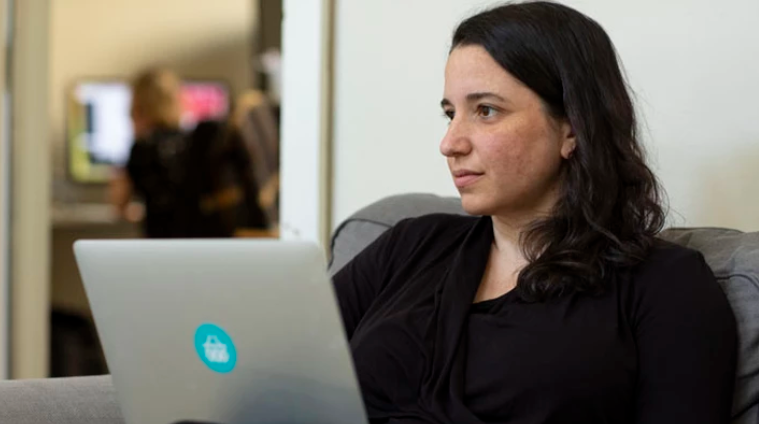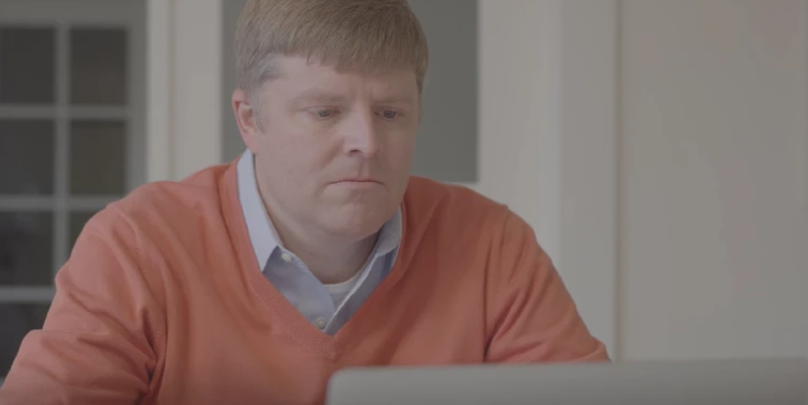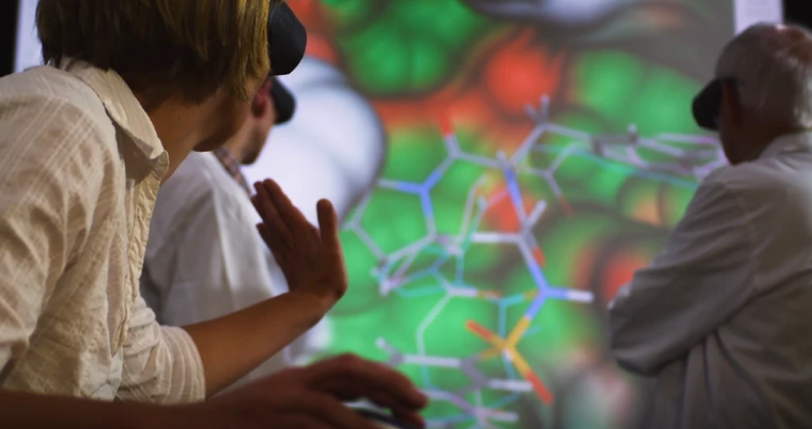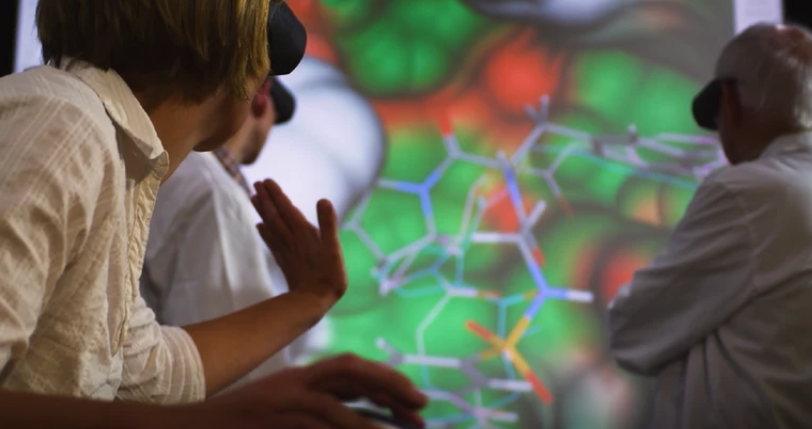This is a republication of the article below, with the title above, highlighting the topic in question.
When patients are fully in control of their healthcare data
Patients want to share their health data for research, but they also want a transparent system where they are fully in control of their data.
Roche
September 2, 2019
Edited by
Joaquim Cardoso MSc.
Health Management Transformation
Institute for Better Health, Care and Costs, for All
June 20, 2022
Noga Leviner encourages you to share your health data, but is also a champion for patient privacy. She has a unique perspective.
As a patient herself, she wants to share her health data, but only if she knows exactly how it will be used.
She’s also the CEO of a digital health startup dedicated to compiling and making health records available to patients, science and research.
She doesn’t view data privacy and sharing as mutually exclusive choices.
After being diagnosed with Crohn’s Disease, Noga was shocked to discover how hard it was for patients to access their own medical records in the highly fragmented healthcare system.
“It was nearly impossible to navigate, especially when you’re dealing with an illness,” she remembers.
After being diagnosed with Crohn’s Disease, Noga was shocked to discover how hard it was for patients to access their own medical records in the highly fragmented healthcare system.

Her experience became her inspiration to launch PicnicHealth in 2014.
Once authorised by the patient, the app works by collecting and managing all their available healthcare records. “We do whatever it takes to go and get those medical records,” says Noga.
PicnicHealth then organises the data in a Personal Health Record: a readable, coherent timeline that allows patients to take their health records with them wherever they go.
Simultaneously, PicnicHealth creates a longitudinal real-world database, available for research.
Having a holistic view of all health records, from blood tests to x-rays, allows patients to be fully in control of all of their data and empowers them to take charge of their health, which Noga dismally mentions, is relatively unique for patients.
Having a holistic view of all health records, from blood tests to x-rays, allows patients to be fully in control of all of their data and empowers them to take charge of their health, which Noga dismally mentions, is relatively unique for patients.
But compiling these records also opens up possibilities to use that incredibly rich, real-world data to contribute to research in new ways never before imagined.
“It is an absolute tragedy to let it sit unused; we’re losing out on potential life-changing improvements,” says Noga.

It is profoundly gratifying to see my experiences as a patient, my journey, and for lack of a better word my suffering, be joined with stories and journeys of other patients to make a difference in how treatments are developed and patient experience improved.
Noga Leviner, CEO and co-founder of PicnicHealth
Who do you trust?
Everyone, not just patients, are concerned about transparency when it comes to data sharing and privacy.
For these reasons, it was paramount for Noga and her team that PicnicHealth users are always fully in control of their data and understand how it will be used.
“Ultimately, patients also want research to happen. They want to contribute to the bigger picture, they want better care for their disease and new treatments.
The resistance comes from the use of data in a non-transparent way, in ways that weren’t made clear from the beginning,” says Noga.
“Ultimately, patients also want research to happen. They want to contribute to the bigger picture, they want better care for their disease and new treatments.
The resistance comes from the use of data in a non-transparent way, in ways that weren’t made clear from the beginning,”
Partnering with patients and their data
Early on, PicnicHealth partnered with Roche to unlock the potential value of medical records for research purposes.
“It’s about helping patients, because patients aren’t some nebulous concept; they’re real people,” says Michael Taylor, Global Head of RWD Collaborations, PHC Data Science at Roche.
“There are so many people out there with so many different diseases — and we can do something to help them.”

In 2018, the partnership led to the launch of FlywheelMS, a landmark five-year study combining the health records contributed by 5,000 people living with multiple sclerosis (MS) into a single database.
Roche researchers hope this will help them gain a clearer idea of how and why MS affects people in different ways and eventually find the right treatment for each individual patient.
People living with MS sign up to PicnicHealth, which then grants them a free subscription (usually it charges a monthly fee), and give their consent to allow Roche researchers and their academic partners access to their anonymised, de-identified medical records.
With access to their comprehensive, digitised medical history, patients are immediately empowered to make better informed healthcare decisions.
In return, researchers at Roche obtain de-identified, real-world data that forms a powerful picture of the entire healthcare experience of a person with MS, Michael says.
No two patients are the same, but their collected stories will ultimately contribute to what may be the highest quality, most complete real-world MS dataset available.

Transparency is the way forward
PicnicHealth is collecting incredibly detailed data that has the potential to reshape our understanding of disease and treatments.
Therefore, earning and embedding patient trust at the core of the partnership is absolutely essential. Noga points out with FlywheelMS:
“We’re really modeling what participatory research can look like. There doesn’t have to be a conflict between patient participation in research and producing very high-quality real-world data.
“ Roche plans to launch similar projects with PicnicHealth in the area of rare disease and neuroscience, as well as include other health biomarkers like genomic testing and patient reported outcomes in the database.
“We are already seeing results. We are learning which medicines are working for different patients, but we can do more,” says Michael.
Originally published at https://www.roche.com.
Names mentioned
Noga Leviner, CEO and co-founder of PicnicHealth
Michael Taylor, Global Head of RWD Collaborations, PHC Data Science at Roche












